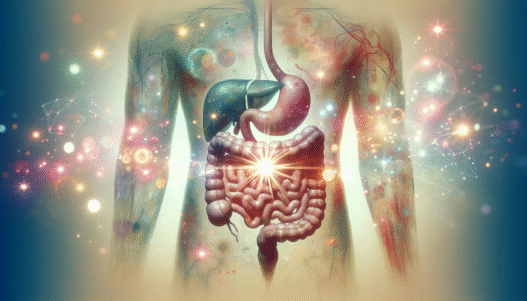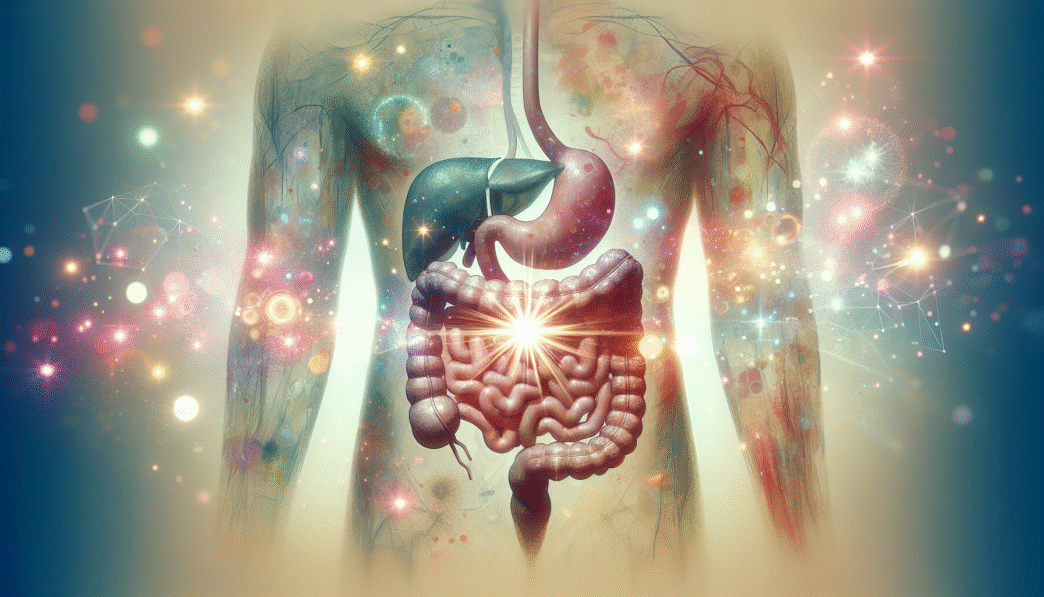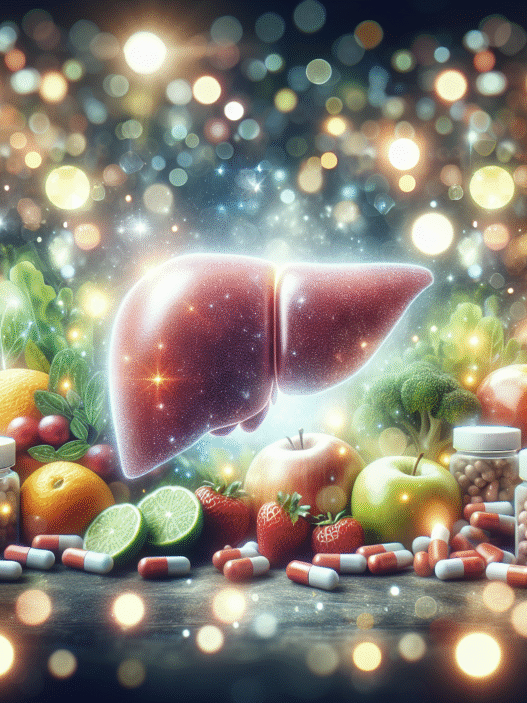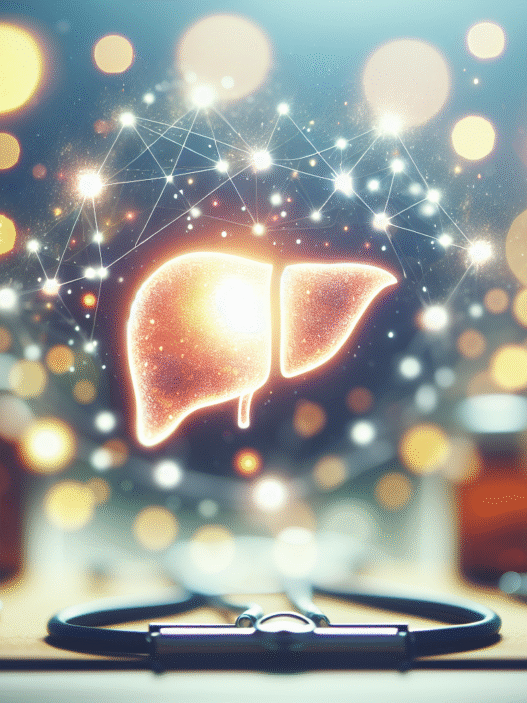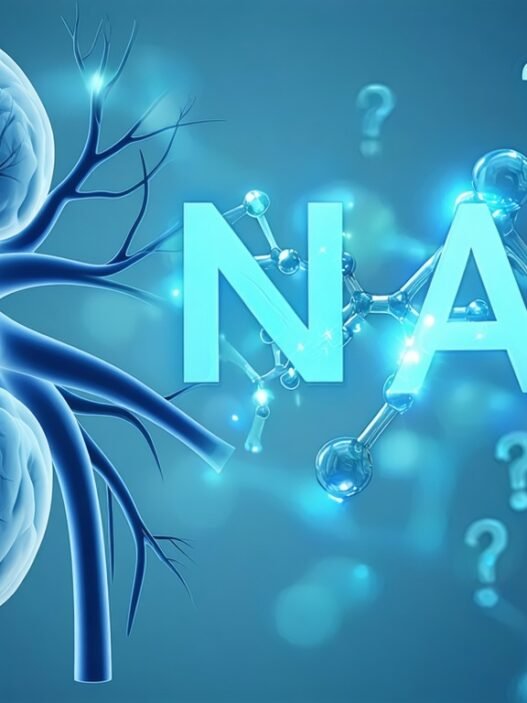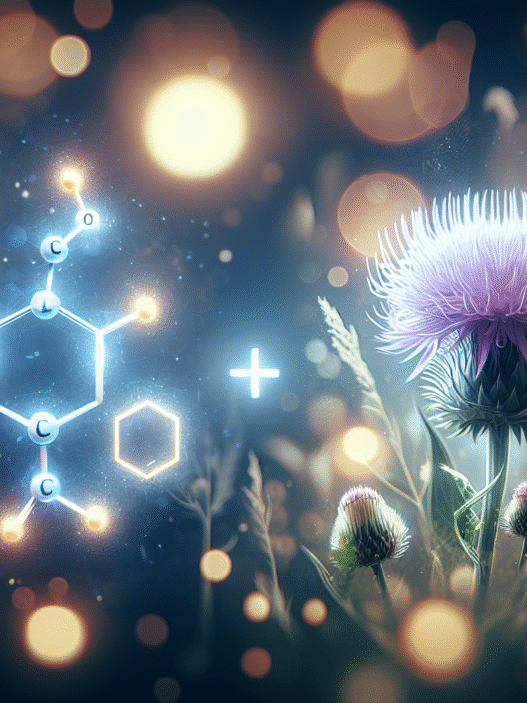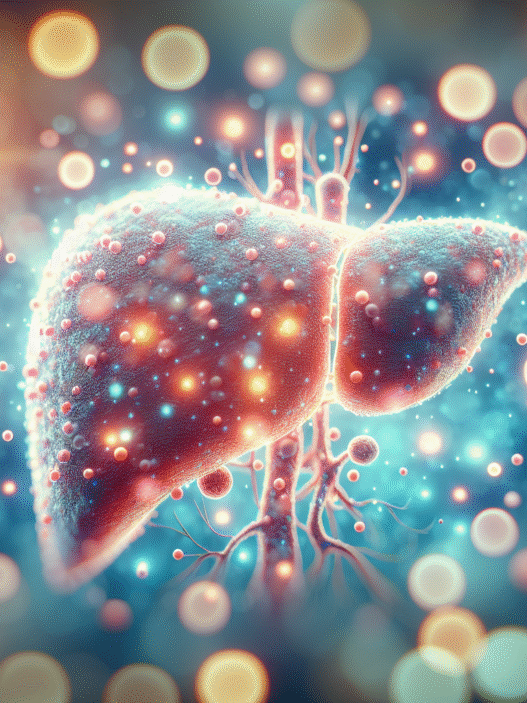Understanding N-Acetyl Cysteine (NAC)
Introduction to NAC
N-Acetyl Cysteine (NAC) is a powerful antioxidant and a cysteine-producing prodrug essential in boosting levels of glutathione (GSH) in the body. As a precursor to this vital antioxidant, NAC plays a significant role in detoxification and cellular health. It has garnered attention not just for its antioxidant and anti-inflammatory properties, but also for its potential therapeutic benefits in various health conditions, including liver health and mental wellness.
NAC is commonly used in clinical settings, particularly in treating paracetamol overdose, due to its capacity to replenish glutathione levels, an essential factor in managing oxidative stress. This makes it a valuable supplement for those concerned about liver health and detoxification.
Mechanism of Action
The effectiveness of NAC lies in its unique mechanism of action. Notably, it serves as a reducing agent, functioning to modulate oxidative stress in the body. NAC’s core benefits arise from its ability to enhance glutathione production, a critical antioxidant that protects cells from free radical damage.
Moreover, NAC exhibits anti-inflammatory properties by reducing pro-inflammatory cytokines, which are signaling molecules involved in the immune response. Studies indicate that NAC alters gene expression related to immune response and inflammatory pathways, demonstrating its immunomodulatory effects. It also reduces oxidative stress in intestinal epithelial cells, highlighting its role in gut health and possibly addressing concerns that “is NAC hard on the gut?” (NCBI).
Overall, NAC’s diverse mechanisms underscore its potential in promoting health, particularly in context with conditions tied to oxidative stress and inflammation. For those interested in the broader applications of NAC, further insights can be found in our article on what is NAC N-Acetyl Cysteine used for?.
Safety and Precautions of NAC
When considering the use of N-Acetyl Cysteine (NAC), understanding its safety and potential side effects is essential, especially for individuals focused on liver health and detoxification.
Potential Side Effects
NAC, while generally considered beneficial, can lead to various adverse reactions in some individuals. Common side effects include:
| Side Effect | Frequency |
|---|---|
| Nausea | Common |
| Vomiting | Common |
| Diarrhea | Common |
| Skin Rash | Less Common |
| Flushing | Less Common |
| Headache | Less Common |
| Low Blood Pressure | Less Common |
| Anaphylactoid Reaction | Rare |
Excessive doses of NAC, particularly doses of 7 grams or more, can damage cells and lead to serious health issues, including kidney damage. Individuals taking NAC should monitor their dosage closely to avoid these severe complications.
Interactions with Medications
NAC may interact with several medications, impacting how they work in the body. Notably, NAC can slow down blood clotting, which may increase the risk of bleeding for individuals on anticoagulants. It is crucial that those taking medications such as nitroglycerin seek advice from healthcare providers before starting NAC supplements.
Individuals who bleed easily, those with cystinuria, or patients on certain medications are advised to consult a doctor prior to using NAC. This precaution helps to mitigate the risk of adverse interactions that can impact overall health.
For further information on the safety profile and potential interactions, review our article on what are the negative side effects of nac?.
Health Benefits of NAC
N-Acetyl Cysteine (NAC) has gained popularity for its substantial health benefits, particularly relating to liver health and detoxification, as well as its potential anti-aging properties.
Liver Health and Detoxification
One of the primary uses of NAC is for liver health, particularly in the context of acetaminophen overdose. NAC helps to increase glutathione levels in the liver, which is vital for detoxification. This function aids in breaking down harmful substances, potentially preventing liver or kidney damage when administered promptly (WebMD).
| Use Case | Benefit |
|---|---|
| Acetaminophen Overdose | Increases glutathione levels to expedite breakdown |
| Detoxification Support | Helps remove toxins from the liver |
NAC is also being studied for its potential role in reversing liver damage from conditions such as fatty liver disease. Its antioxidant properties help protect liver cells from further harm.
Anti-aging Properties
In addition to its liver benefits, NAC may have potential anti-aging effects. Its ability to boost glutathione is linked to cellular health and longevity. As an antioxidant, NAC helps combat oxidative stress, a significant contributor to the aging process.
Studies have suggested that NAC may also improve cognitive function in elderly patients, potentially extending beyond mere physical health into mental acuity.
| Benefit | Description |
|---|---|
| Antioxidant Effects | Fights oxidative stress |
| Cognitive Function | May improve mental clarity in aging populations |
These benefits underscore the importance of NAC for those concerned with both liver health and the quest for longevity. Always consider consulting healthcare professionals when contemplating NAC supplementation, especially about specific uses such as what is nac n-acetyl cysteine used for?.
Dosage Recommendations for NAC
When considering the appropriate intake of N-Acetyl Cysteine (NAC), it is important to follow recommended dosages and usage guidelines to ensure safety and effectiveness. This section outlines typical dosages and essential precautions.
Recommended Dosages
The dosage of NAC can vary depending on the intended use. For most adult individuals, the following dosage recommendations are commonly cited:
| Purpose | Dosage (mg/day) |
|---|---|
| General health support | 600 – 1,800 |
| Antioxidant properties | 600 – 1,200 |
| Detoxification | 1,200 – 2,400 |
Typical medical treatment recommendations for NAC generally range from 600 to 1,800 milligrams per day. It is crucial to adhere to these guidelines to prevent any adverse effects that may arise from excessive dosing. Doses exceeding 7 grams may lead to harmful outcomes, particularly affecting kidney health.
Safe Usage Guidelines
To maximize the benefits of NAC and minimize potential side effects, individuals should consider the following guidelines:
- Consult a Healthcare Professional: Before starting NAC supplementation, obtaining advice from a healthcare provider is crucial, especially for those with existing health conditions or those taking other medications.
- Monitor for Side Effects: Common side effects can include nausea, vomiting, and diarrhea. Some individuals may experience headaches, rashes, or fatigue (WebMD). Awareness of these potential reactions can help in assessing tolerance.
- Cautious Use with Medications: NAC may interact with certain medications, such as specific antibiotics and activated charcoal, potentially affecting their effectiveness. Individuals should discuss all medications and supplements with a healthcare provider.
- Avoid High Doses: To prevent cell damage and adverse effects, it is essential to avoid taking NAC at excessively high doses.
For further insight into the safe usage of NAC, consult our articles on what is nac n-acetyl cysteine used for? and is it ok to take nac everyday?. Always prioritize informed decision-making regarding supplementation for health benefits.
Research on NAC
Studies on NAC Efficacy
Numerous studies have highlighted the efficacy of N-Acetyl Cysteine (NAC) as an antioxidant and anti-inflammatory agent. Its ability to fight diseases and reduce swelling in body tissues makes it a valuable supplement for many health concerns. Research indicates that NAC may lower the risk of heart disease, diabetes, and infertility by mitigating oxidative stress. In addition, NAC plays a significant role in the production of glutathione, a potent antioxidant that neutralizes free radicals, which can damage cells.
| Health Condition | NAC Benefits |
|---|---|
| Heart Disease | Reduces oxidative stress |
| Diabetes | May lower the risk |
| Infertility | Potentially beneficial |
NAC has also shown promise in addressing obesity-related health issues. Studies reveal that it can reduce inflammation and insulin resistance, while enhancing fat tissue function, which contributes to better energy metabolism and hormone balance. While these findings are encouraging, further research is needed to solidify these claims.
Potential Therapeutic Benefits
The therapeutic potential of NAC extends beyond general health benefits. Its efficacy has been researched in various specific conditions. For instance, it has been found to enhance insulin sensitivity in women with polycystic ovary syndrome and improve pulmonary function in patients undergoing coronary artery bypass surgery. NAC may also prevent contrast-induced nephropathy, which is particularly valuable for patients with chronic renal insufficiency.
Moreover, studies indicate that NAC effectively enhances airway response in individuals using salbutamol, thereby reducing exacerbation rates in chronic bronchitis. It has also been shown to modulate mutagenesis and carcinogenesis, suggesting a protective role against certain forms of cancer.
To sum up, NAC offers substantial health benefits, particularly in supporting liver health and detoxification, reducing inflammation, and potentially aiding in weight loss. For those interested in learning more about the implications of NAC for specific health conditions, further exploration can be found in the articles about what is NAC N-acetyl cysteine used for? and is NAC good for your liver?.
NAC’s Role in Specific Conditions
N-Acetyl Cysteine (NAC) has garnered attention for its potential benefits in supporting liver and kidney functions, as well as its effects on inflammatory diseases. Understanding these roles can provide insights into how NAC might be beneficial for those concerned about detoxification and longevity.
Use in Liver and Kidney Functions
NAC is most commonly recognized for its role in treating acetaminophen overdose, as it aids in increasing glutathione levels. This action potentially prevents liver or kidney damage, especially when administered promptly following an overdose (WebMD). By enhancing glutathione production, NAC promotes detoxification in the liver, which can be crucial for maintaining liver health.
In addition to its emergency use, NAC has been researched for its ability to improve kidney functions. For instance, studies suggest that NAC may prevent contrast-induced nephropathy, particularly in patients with chronic renal insufficiency. This preventive effect raises interest in its potential for long-term kidney health.
| Function | Mechanism | Potential Benefits |
|---|---|---|
| Liver | Increases glutathione levels | Prevents damage from acetaminophen overdose |
| Kidney | Prevents contrast-induced nephropathy | Protects against renal damage in at-risk patients |
Impact on Inflammatory Diseases
NAC’s impact on inflammatory diseases is a growing area of research. It is believed to have antioxidant properties that may combat oxidative stress, although recent studies have shown mixed results regarding its efficacy. For example, in a study involving mice with colitis, NAC did not increase levels of superoxide dismutase, an important antioxidant, and instead raised malondialdehyde levels, suggesting concerning effects on oxidative and inflammatory damage in the colon, liver, and kidneys.
This highlights the need for caution. While NAC may have potential benefits in managing inflammation, it is essential to acknowledge that reported side effects, such as nausea, vomiting, and diarrhea, can pose challenges for some users. Understanding these risks allows individuals to weigh the benefits against the potential for adverse effects.
| Condition | Mechanism | Observations |
|---|---|---|
| Inflammation | Antioxidant properties | Mixed results; potential for oxidative damage in certain studies |
Individuals interested in using NAC should consult with healthcare professionals to evaluate its suitability, especially if they have ongoing health concerns or are considering it for liver and kidney support. For further information on NAC’s various uses, visit our page on what is nac n-acetyl cysteine used for?.










